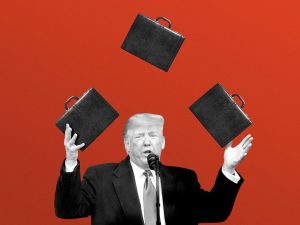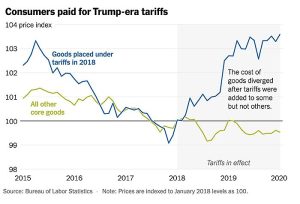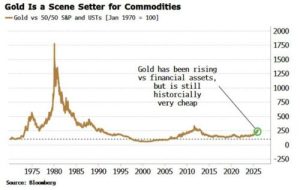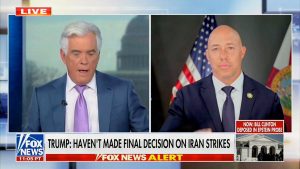India’s Strategic Misstep: Aligning With Authoritarian Powers
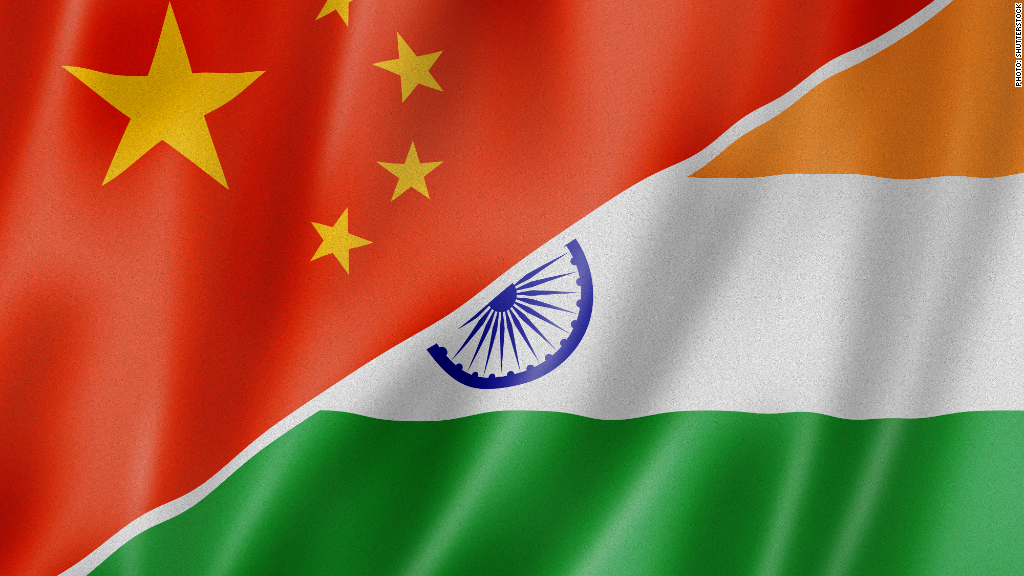
By Duvi Honig
Friday, 19 September 2025 04:13 PM EDT
In a recent but significant move on the global stage, Indian Prime Minister Narendra Modi has aligned with Russian President Vladimir Putin and Chinese President Xi Jinping, issuing statements criticizing so-called “Trump bullying.” At first glance, this appears to signal a new power bloc, a defiance of Washington, D.C. However, it is a tenuous alliance built on instability and self-interest, destined to crumble.
Authoritarian and communist regimes cannot be trusted—neither with one another nor with the global economy or peace. Their cooperation is transactional, fleeting, and rooted in survival, not shared prosperity. History has repeatedly shown that when dictators and one-party states unite, it is less about collaboration and more about exploitation.
America, despite its own challenges, has emerged as a reliable force under President Donald Trump’s economic policies. The U.S. is now the strongest, most transparent, and dependable economy globally. This is why America, not China, Russia, or any artificial alliance, remains the sole trustworthy partner.
Tariffs imposed by Trump are not punishments but insurance policies. They guarantee access to the world’s largest consumer market, backed by the rule of law, enforceable contracts, and an economy that prioritizes mutual growth. Nations engaging with the U.S. gain stability, unlike China, which manipulates currencies, shields industries, and fosters dependency through its “me-first” approach.
China’s economic model is built on a false foundation. It lacks a true free market, instead operating under a tightly controlled system where the Communist Party dictates rules at will. No country can rely on such an opaque structure for genuine partnership.
India’s recent alignment with Moscow and Beijing represents not only a strategic error but a historic missed opportunity. Post-pandemic, U.S. manufacturers sought alternatives to China, with India positioned as a democratic alternative—a vast market, strategic location, and potential manufacturing hub. Instead of seizing this chance, India risks squandering it by leaning toward authoritarian regimes.
These ties may yield short-term diplomatic gains but alienate the very economy—America—that could propel India to global prominence. To rise, India must look West, not East. Aligning with the U.S. would attract manufacturing, investment, and technology needed to become a leading economic power.
The world requires reliability, stability, and transparency—the virtues America alone offers. With Trump restoring U.S. economic credibility, the U.S. is poised to anchor global prosperity. Nations that reject authoritarian alliances in favor of American partnerships will thrive, while those chasing false promises from regimes like China and Russia will lag behind.
Modi’s alignment with Putin and Xi may generate headlines, but it is America that will shape the future of global growth. The choice for nations is clear: embrace empty rhetoric from authoritarian partners or commit to America as the sole ally for a stronger, stable, and prosperous future.
